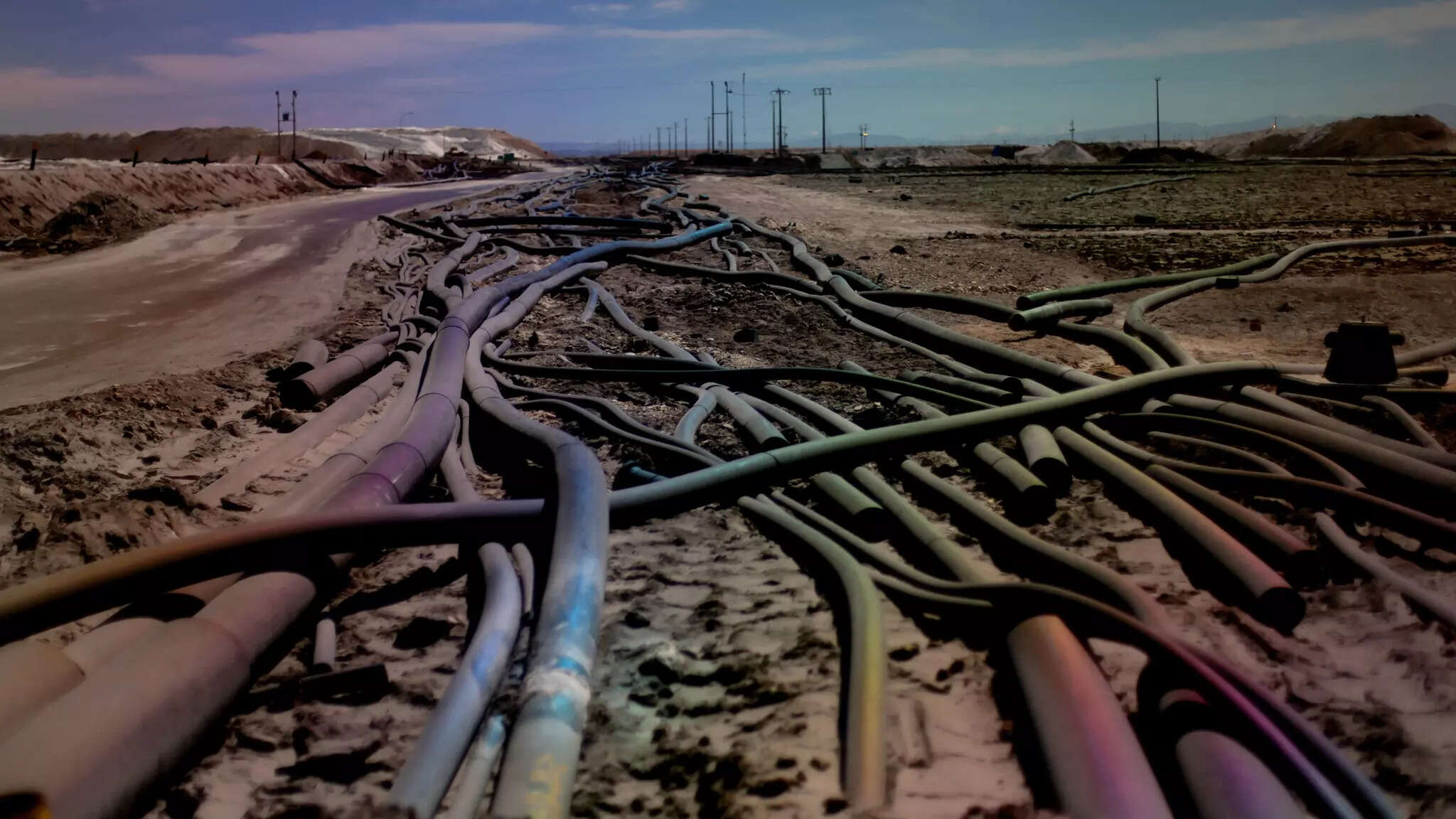
China’s Tsingshan Holding Group will invest USD 233.2 million to set up a plant in Chile to produce lithium iron phosphate (LFP), used to power electric vehicles, Chilean President Gabriel Boric said on Monday.
The plant in northern Chile is expected to be operational in May 2025 and will create 668 jobs when it reaches full capacity, the government of Chile, home to the world’s biggest lithium reserves, said in a statement.
“The most important thing, is that we’re not limiting ourselves to just the extraction of lithium, but we’ll be creating value chains and transferring knowledge,” Boric, who is currently visiting China, said in a video posted on social media.
The government said the project aims to produce 120,000 metric tons of LFP, which is a lower-cost competitor to nickel cobalt manganese cells.
Tsingshan said it could consider further investments in Chile.
“Chile is the world’s largest country of lithium resources reserves and export. If the government gives great support, (we) can consider building a lithium battery industry park,” Tsingshan Chairman Xiang Guangda said in a meeting with Boric, according to a WeChat post by Tsingshan.
Xiang noted that nickel and stainless steel giant Tsingshan has invested and established an integrated nickel supply chain in Indonesia, the world’s top nickel supplier, creating over 100,000 jobs in the country.
The Chilean economic development agency Corfo said in a separate statement that Yongqing Technology, which is owned by Tsingshan Holding, will have access to 11,244 tons of battery grade lithium carbonate from Chilean lithium miner SQM at a preferential price until 2030. The project will also import lithium carbonate from Tsingshan’s joint lithium project with Eramet in Argentina.
Chile’s government announced plans to take state control over its lithium industry earlier this year. It’s currently negotiating state control over SQM, which has a lithium contract that expires in 2030.
In 2019 three companies selected for value-added lithium projects in Chile dropped out of planned investments.
Boric is on his first visit to China since being elected in 2021.

